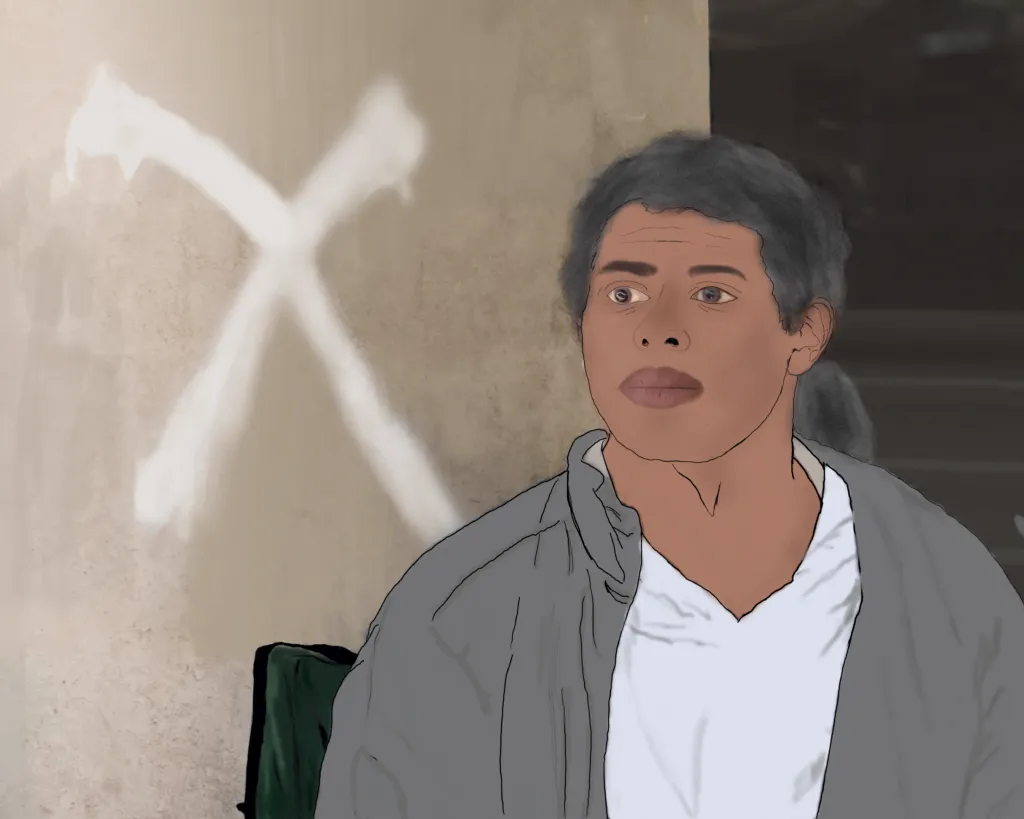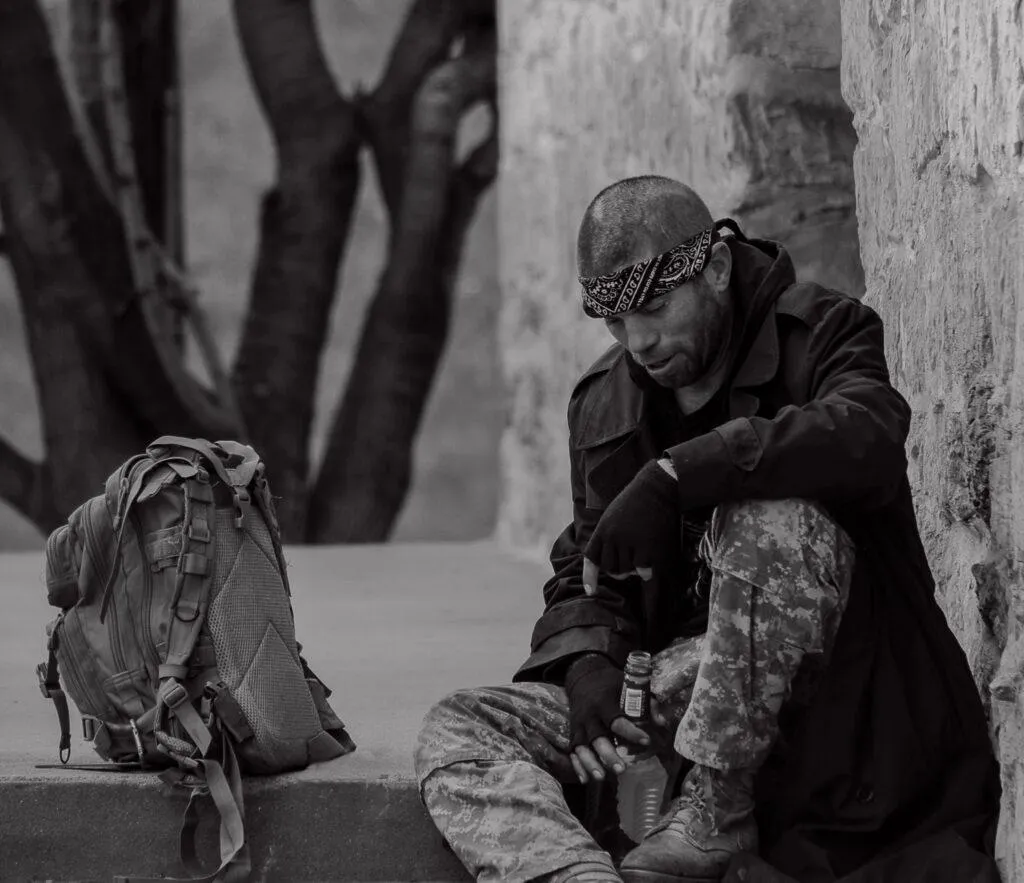#BoysToo
A Feature
Documentary Film
Shining a light into the darkness of the human trafficking of boys
They live in darkness.
They have lost all hope. They are living in hell.
You encounter them on street corners or at bus stops.
They live in your neighborhood, go to the schools in your town – BUT you often don’t realize who they are.
These boys are victims of human trafficking.

Boy sitting under I-35 Austin Tx
(Photo/artwork by Malinda Baum)
#BoysToo is a powerful feature documentary that sheds light on the often-overlooked issue of human trafficking of boys. This global problem affects communities around the world, including our own, with victims living in our neighborhoods and attending our schools.
Unfortunately, the signs of human trafficking are often subtle and blend into everyday life. Boys who are victims of this atrocity are discounted and left out of the conversation. That’s why it’s essential to raise awareness of their plight and protect them from exploitation.
Sex slavery is one of the most nefarious forms of human trafficking, especially when it comes to children and young adults.
#BoysToo explores this issue and highlights the experiences of boys who were once trapped in this terrible industry. Despite escaping, the lack of available services for males makes it nearly impossible for boys to move forward.
Through the documentary, we aim to give a voice to these survivors and inspire action to end human trafficking of boys. Join us in this fight and help us spread the word about this critical issue. Let’s work together to protect the rights of #BoysToo. You can also support our film efforts by donating to the cause.

Homeless Male (Photo by Malinda Baum)










Newsletter
We would love to keep in touch with you about the film and its impact. Sign up below =)